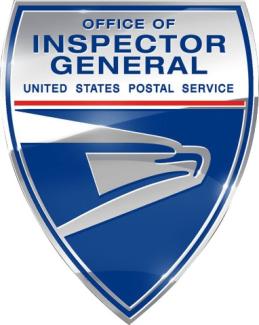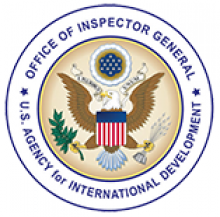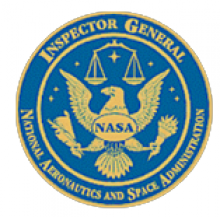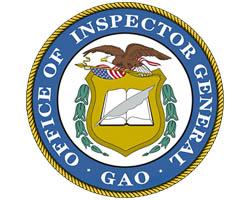We found that the Puerto Rico Department of Education (PRDE) generally obligated and spent Recovery Act funds in accordance with applicable laws, regulations, guidance, and program requirements. However, we found that PRDE did not follow proper procurement procedures when using Recovery Act funds to purchase equipment totaling more than $3.4 million and overpaid $7,000 in Recovery Act funds for professional services not rendered. In addition, computer equipment PRDE had purchased with $3.5 million of Recovery Act funds was unused because required software had not been installed. Our audit also noted that in December 2011, PRDE received a waiver to extend the grant obligation for its Title I funds until September 30, 2012, and the liquidation period to December 29, 2012. However, as of September 30, 2012, PRDE had a remaining balance of $35.3 million in funds, representing more than 9 percent of its $386.4 million Title I allocation. This significant remaining balance raised concerns about PRDE’s ability to liquidate its remaining funds on allowable costs that were obligated before the end of the grant period. We made nine recommendations, including that the Department follow up with PRDE during a future monitoring visit to determine whether the funds were obligated and liquidated appropriately.
| Report Date | Agency Reviewed / Investigated | Report Title | Type | Location | |
|---|---|---|---|---|---|
| Department of Education | Puerto Rico: Final Recovery Act Expenditures Supplemental Report | Audit |
|
View Report | |
| Internal Revenue Service | Taxpayer Referrals of Suspected Tax Fraud Result in Tax Assessments, but Processing of the Referrals Could Be Improved | Audit | Agency-Wide | View Report | |
| U.S. Postal Service | Statistical Tests for Fiscal Year 2012 | Review | Agency-Wide | View Report | |
| U.S. Agency for International Development | Audit of USAID/Jordan's Education Reform Support Program | Audit |
|
View Report | |
| Department of Justice | Audit of the Office of Community Oriented Policing Services and Office of Justice Programs Grants Awarded to the City of Lawrence, Massachusetts | Audit |
|
View Report | |
| National Aeronautics and Space Administration | NASA's Environmental Remediation Efforts at the Santa Susana Field Laboratory | Audit |
|
View Report | |
| Peace Corps | Management Advisory Report: Cost Savings Opportunity on Value Added Tax | Other | Agency-Wide | View Report | |
| Government Accountability Office | INFORMATION SECURITY: Evaluation of GAO’s Program and Practices for Fiscal Year 2012 | Inspection / Evaluation | Agency-Wide | View Report | |
| Millennium Challenge Corporation | Audit of the Millennium Challenge Corporation's Monitoring of Trafficking in Persons in MCC-Funded Programs | Audit |
|
View Report | |
| National Aeronautics and Space Administration | NASA's Efforts to Reduce Unneeded Infrastructure and Facilities | Audit |
|
View Report | |









